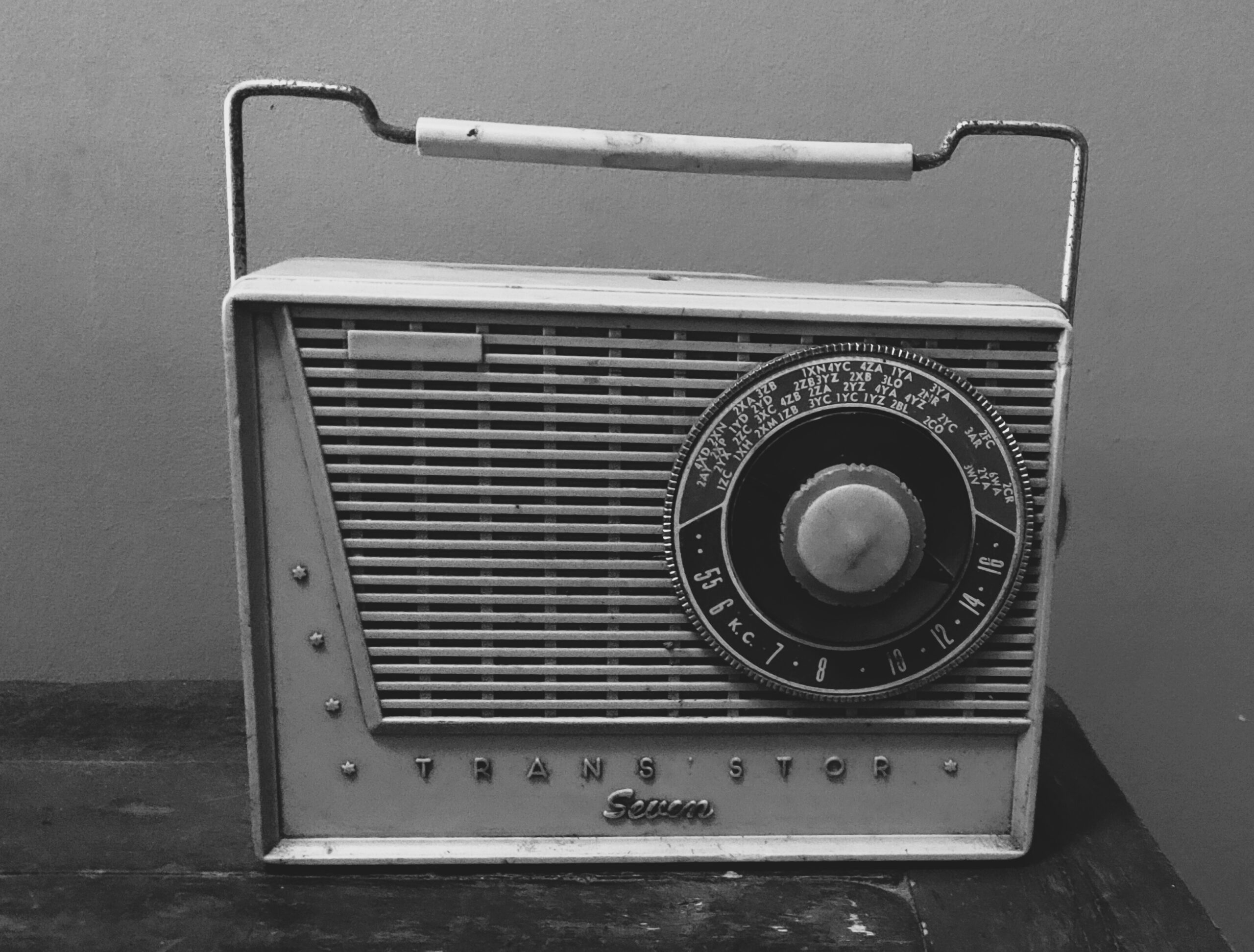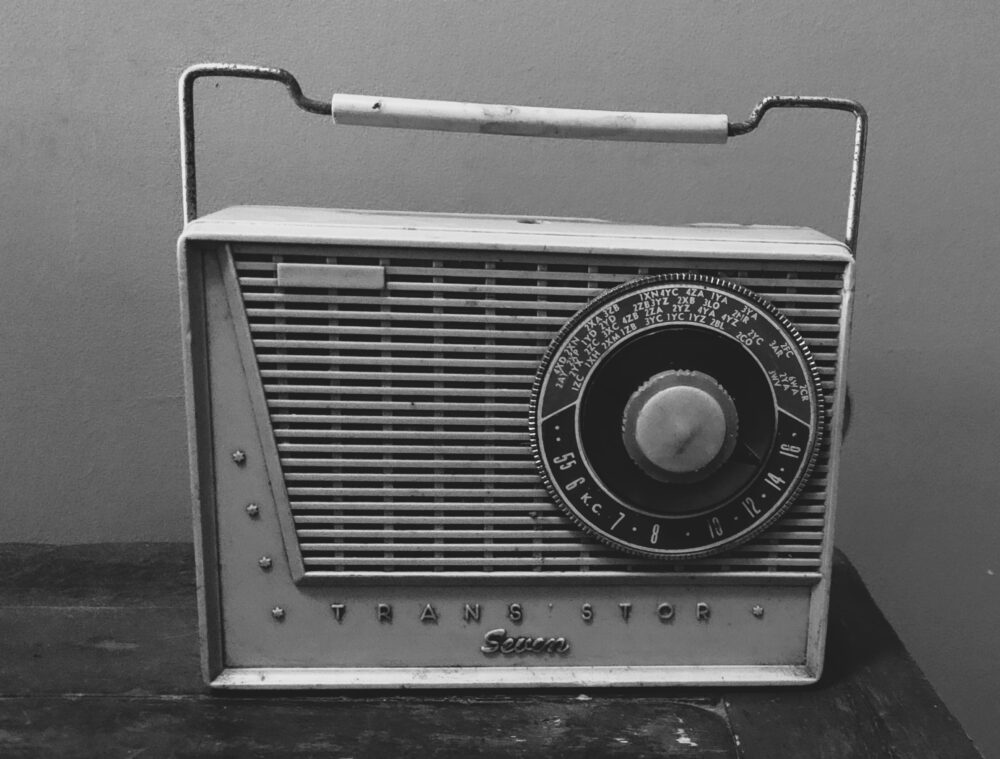The Summer of ’66


“Radio Hauraki Top of the Dial 1-4-8-0.” “Radio Hauraki the Youngest Radio Station in the World” “Home of the Young New Zealanders” “Broadcasting from the MV Tiri” “This is it sound of modern radio – Home of the good guys”.
The summer of ‘66 in Aotearoa New Zealand brought a new form of rebellion to our delighted adolescent ears. Music mixed with the thrill of illegality pouring out from our portable transistor radios. The thrill of pirate radio chased and forbidden, beaming from international waters off our New Zealand coast.
School was out for the year and the beach beckoned. The family decamped to Mangawhai beach for the summer holidays. Friends you met each year gathered. Beach friends. We took our surfboards, towels and transistors clambering down the sand-covered cliffs, hopping quickly across the foot-burning hot, golden sand beach, eager to find the perfect spot for the day.
That spot needed to be as far from adults as we could find, and as close to other groups gathering for the summer. Once the place was chosen the colourful fringed towel was laid out, with the transistor placed carefully at the end. The surfboard would be plunged into the sand, the large candy-striped Malibu board. a totem of belonging. Preparation for the day would then begin, including basting oneself in coconut oil, tuning the transistor to 1480khz, turning the volume to its maximum, and stretching out on the towel ready to toast to a golden brown.
Mangawhai beach was not for the experienced surfer they found a more ferocious ocean pummelling the shoreline further along the coast. While the waves could thunder in, more often it was a gentler wave rolling into the curved Mangawhai bay. Rocks lining one side of the curve. the rest rimmed with cliffs and sand dunes. All overlooking the golden sand beach filled with bronzing bodies dipping in and out of the cool blue-green water. Familiar red and yellow flags highlighted safe swimming and the likelihood of youthful lifesavers close by.
The day progressed with dips in the ocean and nonchalant walks along the beach. The oversized transistor swinging like a handbag to ensure it could be seen and heard. Hoping to be noticed however distantly by the boys or girls grouped along the beach.
As evening drew in groups would gather along the beach under the darkening night sky that gradually became alive with dancing stars, and moonlight. The sands cooled and the water shaded to black, lit by the phosphorescence dancing along the shoreline. Fires dotted the beach. Through the peaceful dark night, the sounds of Radio Hauraki would echo along the shoreline interspersed with the occasional embarrassing voice of a parent calling an unlucky teen in.
Radio Hauraki the first private radio station, challenged the monopoly of government-owned, New Zealand radio. Broadcasting from outside the three-mile limit of New Zealand waters. The challenges were many – running aground on nearby islands, floating into New Zealand waters where the law eagerly awaited such transgressions, shore-to-ship delivery of the pre-recorded tapes. Broadcasting would only be stopped for the shortest possible time. Fighting for registration and continuing to broadcast, despite the challenges, until finally recognised in 1970. From that time on till the present day it moved onshore. (Radio Hauraki History)
For many Kiwi teens in the 1960s and early 70s, this was the sound of growing up. Radio Hauraki’s fight for recognition alongside our rebellion against the adult world. I don’t remember the first song ever played – I read it was Matt Munro’s Born Free. I do have a strong memory of walking along the beach as close to the foaming sea line as possible, with phosphorous lights on the water rushing up the beach. A bright moon intermittently lit the beach as clouds framed its luminous face. The bright white of my leg cast gleamed as it caught the moonlight. Fitting the weight of the night and the heavy mood of adolescent misery, Del Shannons Runaway was playing.
And I do remember my first grey transistor radio recently found abandoned along with many other teenage memories.